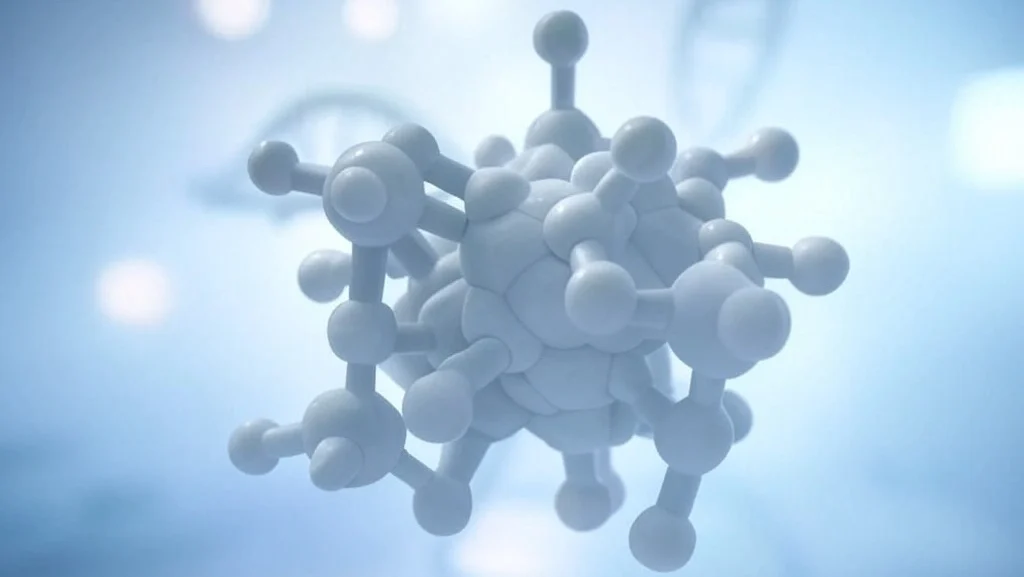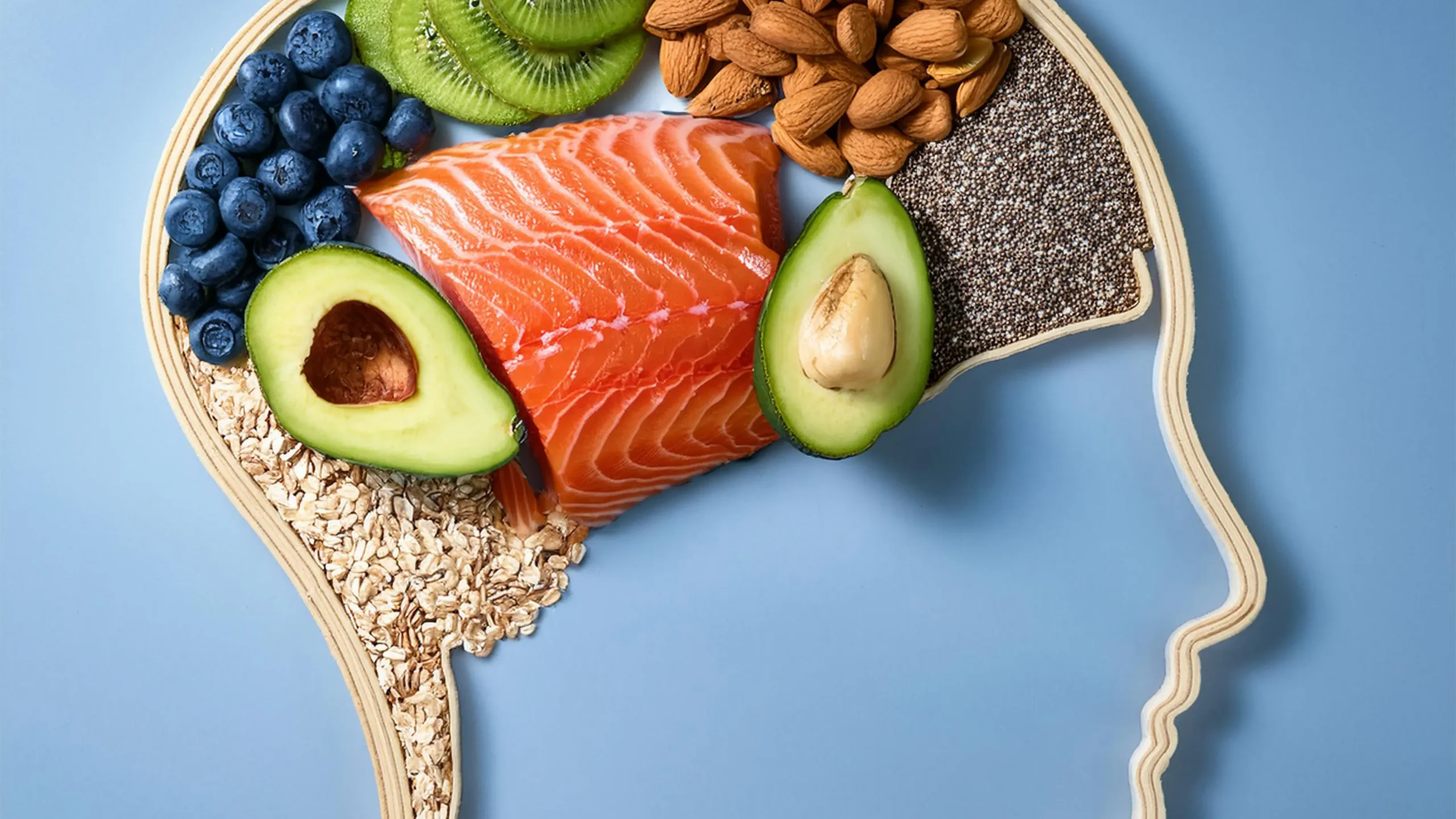
9 Hidden Factors That Lower Testosterone (and Why Testing Matters)
Low testosterone is often treated as a simple number problem. But in reality, it’s the outcome of a complex network of factors involving stress, lifestyle, sleep, inflammation, toxins, and brain chemistry. Many men struggle for years without understanding why their testosterone is low, or why standard treatments aren’t helping.
At World Health Laboratories (WHL), we offer advanced diagnostic testing that helps uncover these hidden causes through precise, functional lab analysis. Here are the 9 often-overlooked factors that may be lowering your testosterone — and how testing can reveal the root cause.
1. HPG Axis Disruption (The Brain-Testes Connection)
Your testosterone production starts in the brain, specifically the hypothalamus and pituitary gland, which release hormones (GnRH, LH, FSH) that signal your testes to make testosterone.
- Chronic stress increases cortisol, which directly suppresses GnRH.
- This leads to reduced LH and FSH, meaning your testes get less stimulation to produce testosterone.
Even if your testes are healthy, this “central suppression” can cause low levels.
✅ Test with:
- LH, FSH, Total + Free Testosterone, Cortisol (morning & diurnal), and DHEA
2. Neurotransmitter Imbalances
Your brain chemistry affects your hormonal balance.
- Low dopamine can reduce GnRH and testosterone output.
- Low GABA or high glutamate levels increase nervous system excitation and stress, which can indirectly suppress testosterone.
Mood, sleep, and motivation issues often point toward this hidden link.
✅ Test with:
- Plasma neurotransmitters: dopamine, GABA, noradrenaline, adrenaline
- Organic acids (for brain chemistry metabolites)
3. Poor Sleep Quality
Most testosterone is produced during deep sleep, especially during early morning REM cycles.
- Conditions like insomnia or sleep apnea can significantly reduce testosterone, even in young men.
- Just one week of restricted sleep can lower testosterone by 10–15%.
Optimizing sleep is often one of the most powerful ways to improve natural hormone levels.
✅ Test with:
- 6-sulfatoxymelatonin (urine)
- Cortisol day curve (saliva or serum)
- Testosterone (morning levels)
4. Micronutrient Deficiencies
Testosterone production depends on several micronutrients that act as enzymatic cofactors or hormone precursors.
Common deficiencies include zinc, magnesium, vitamin D, selenium, and B-vitamins.Even when blood tests are “normal,” intracellular deficiencies can block testosterone synthesis.
✅ Test with:
- Elements in Blood III (intracellular + serum)
- Vitamin D (25-OH), B12, folate, selenium
5. Toxic Metals and Environmental Exposure
Your endocrine system is highly sensitive to environmental toxins.
- Heavy metals like cadmium, lead, arsenic, and mercury disrupt the Leydig cells (which produce testosterone).
- They also create oxidative stress, damaging both testicular tissue and hormonal signaling pathways.
Routine detoxification support and environmental hygiene are essential.
✅ Test with:
- Toxic element panel (Mercury, lead, cadmium, arsenic, aluminium)
6. Chronic Inflammation and Oxidative Stress
Low-grade inflammation is a silent testosterone killer.
- Markers like CRP and IL-6 are often elevated in men with fatigue and low libido.
- Inflammation affects the testes’ response to LH and reduces steroid hormone conversion.
Oxidative damage also disrupts the hypothalamic regulation of testosterone.
✅ Test with:
- High-sensitivity CRP
- IL-6
- Glutathione status (oxidized/reduced)
7. Endocrine Disruptors in Daily Life
We are constantly exposed to xenoestrogens — synthetic chemicals that mimic estrogen and suppress testosterone.
- Found in plastic bottles, food packaging, cosmetics, deodorants, and receipts.
- Even small exposures over time can reduce fertility and testosterone signaling.
Switching to natural, BPA-free, and fragrance-free products can make a major difference.
✅ Test with:
- Hormonal profile with SHBG and estradiol
- Organic acids (indirect detox capacity)
- Elements in Blood (plastic-related toxins like cadmium, aluminium)
8. Lifestyle Factors and Body Composition
- Excess alcohol, smoking, and sedentary lifestyle are known testosterone suppressors.
- High visceral fat (belly fat) increases aromatase activity, converting testosterone into estrogen.
- Even chronic endurance training (e.g., marathon running) can cause a drop in testosterone through a condition known as “exercise-hypogonadism.”
Resistance training, moderate cardio, and fat loss are your allies here.
✅ Test with:
- Testosterone to Estradiol ratio
- SHBG (Sex Hormone Binding Globulin)
- Metabolic markers: insulin, HbA1c, lipid panel
9. Medications and Over-the-Counter Supplements
Many common medications interfere with hormone production:
- Opioids, SSRIs, benzodiazepines, statins, and even natural testosterone boosters like DHEA can backfire in sensitive individuals.
Always review your medication list with a knowledgeable practitioner before beginning any hormonal intervention.
✅ Test with:
- Full hormone profile
- DHT, SHBG, Pregnenolone
- Review medication and supplement history
Why Use WHL for Testosterone-Related Testing?
At World Health Laboratories, we specialize in functional and precision-based diagnostics that go far beyond basic hormone panels.
- Over 1,000 collection locations throughout the Netherlands
- Optional home kits and instructions sent to your address
- Personalized panels including hormones, neurotransmitters, micronutrients, and toxins
- Trusted by integrative and lifestyle medicine practitioners across Europe
Order your test now
References
- Sapolsky RM. Endocrinology of the stress-response. In: Behavioral Endocrinology. Oxford University Press, 2016.
- Melcangi RC, et al. Neuroactive steroids and the nervous system: an overview. Psychoneuroendocrinology. 2008.
- Leproult R, Van Cauter E. Effect of 1 week of sleep restriction on testosterone levels in young healthy men. JAMA. 2011.
- Fallah A, et al. Effect of zinc supplementation on sexual behavior of male rats. Iran J Reprod Med. 2009.
- Wirth JJ, Mijal RS. Adverse effects of low-level heavy metal exposure on male reproductive function. Systems Biol Reprod Med. 2010.
- Manna PR, et al. Regulation of steroidogenesis and the role of oxidative stress in the testis. Reprod Biol Endocrinol. 2009.
- Diamanti-Kandarakis E, et al. Endocrine-disrupting chemicals: an Endocrine Society scientific statement. Endocr Rev. 2009.
- Hackney AC. Effects of endurance exercise on the reproductive system of men: the ‘exercise-hypogonadal male condition’. J Endocrinol Invest. 2008.
- Basaria S. Male hypogonadism. The Lancet. 2014.





